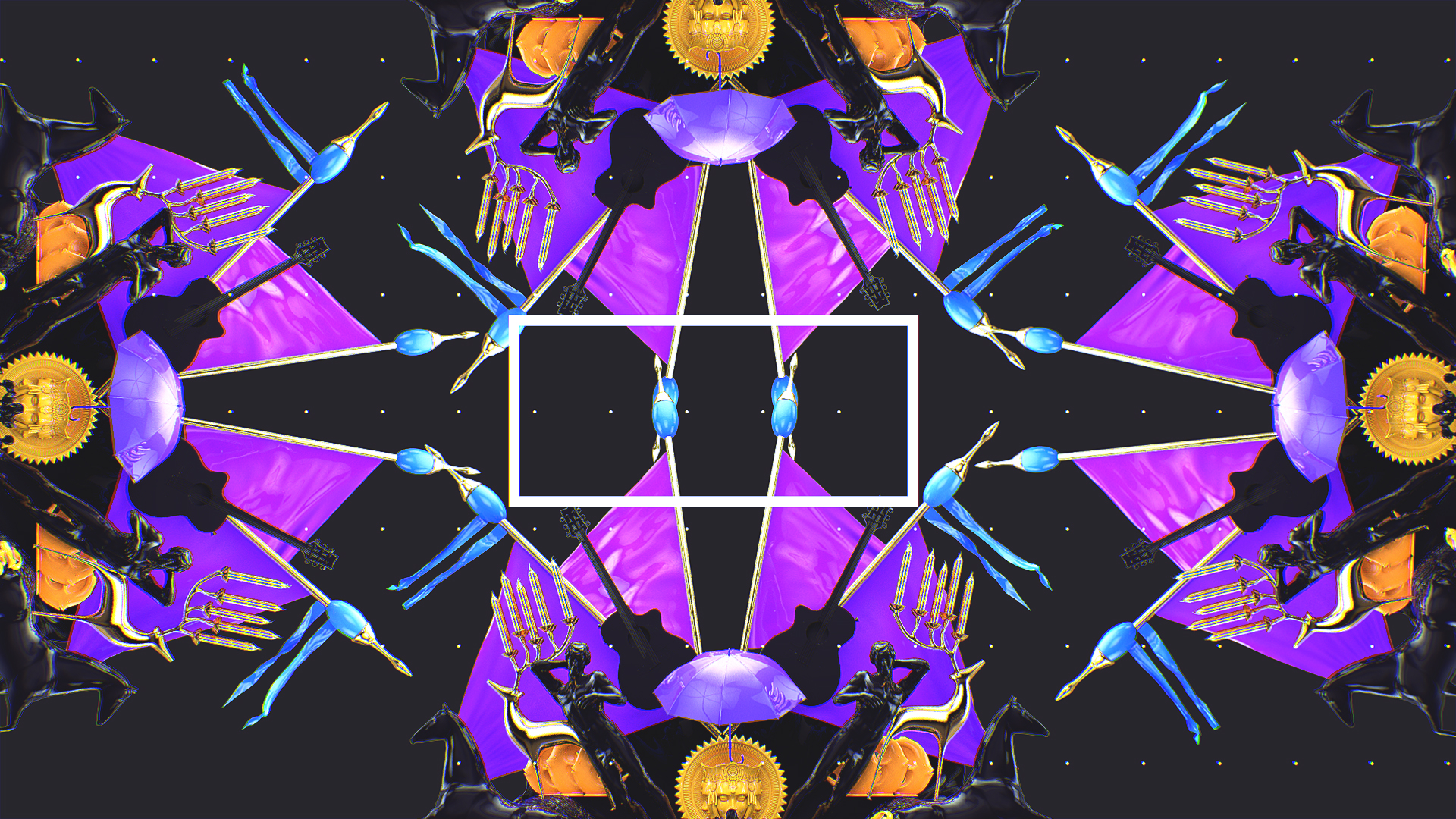

And the notion that abandoning the functional, party-igniting aspect of dance somehow liberated the music and the listener: a privileging of head over body that reinforced biases ingrained from over 2,000 years of Western civilization, from Plato through St. The equation of complexity with cleverness, for instance-what you might call the prog fallacy. Right from the start, IDM was freighted with some problematic assumptions. Equally, millions listen to “smart” sounds like jazz or classical in a mentally inert way, using it as a background ambience of sophistication or uplifting loftiness. What exactly is “intelligence” as manifested in music? Is it an inherent property of certain genres, or more about a mode of listening to any and all music? After all, it’s possible to listen to and write about “stupid” forms of music with scintillating intellect. By this point, possibly even the folks who coined the term back in 1993-members of an online mailing list mainly consisting of Aphex Twin obsessives-have misgivings about it.įor as a guiding concept, IDM raises way more issues than it settles. For as wildly as this interpretation of dread and sorrow ricochets in headphones, it has darkly beautiful structure.PARTY IN MY MIND: THE ENDLESS HALF-LIVES OF IDMĪt the outset, it needs to be said that “Intelligent Dance Music” is-ironically-kind of a stupid name. (See: Moby fitting his techno beats to Americana field recordings, or the Erector-set jazz of Flanger and Flying Lotus.) On Rossz Csillag Alatt Született, Funk weaves samples and snippets of moody, minor-key classical music - especially that of Hungarian hero Béla Bartók - around and through the frenetic jazz loops, turntablism, and glitchy technology already germane to his work.


Modern music is slowly making more Frankenstein’s monsters, using technology to reconfigure one style in the context of another. Most of Funk’s output comes under his brutalist drill ‘n’ bass stage name Venetian Snares, and the widest opening for a neophyte to enter the catalog would appear to be this 2005 album. Allin, having never softened his creative stances. He might be IDM’s Johnny Rotten, or better yet its G.G. It’s Winnipeg-based producer Aaron Funk, however, who fits a relentlessly aggressive punk vision. We can endlessly debate who in its roster of talent gets assigned to roles as electronica’s Brian Wilson, John Lennon, and other paragons. Venetian Snares – Rossz Csillag Alatt Sz ületett Few, if any, have ever blended both as perfectly. Plenty of artists and albums, before and since Music has the Right to Children, have latched onto similar gurgling sample arrangements and über-retro moods.
#Idmg music tv
Epic tracks like “An Eagle in Your Mind” and the suite-like “Happy Cycling,” and even the scraps and interludes like “ROYGBIV” and “Olson,” suggest childhood dreams soundtracked by classroom filmstrips and public TV documentaries. It’s found-sound music conveying the 1950s through the 1970s, bounced back to us by aliens intercepting the galactic echoes of our own broadcast waves. Suffice it to say that the intelligence in this IDM comes from Scotland’s Sandison brothers creating not just a unique set of sounds but an immersive atmosphere some might even call this debut of theirs a time warp. I’ve praised this album so many times in so many different forums, for so many different reasons, that I might have to impose a moratorium on my nominating this damn thing for more column inches. Here are 10 Essential IDM albums, selected by Treble’s glitch fanatics.īoards of Canada – Music Has the Right to Children

There’s no one formula for IDM, but there’s a definite sense of sophistication and curiosity behind all of its best albums. And Four Tet, whose Rounds turns 10 this month, opted for more subtle, haunting sounds than big, booming beats. Some Aphex Twin tracks, for instance, won’t even repeat any one measure exactly how it transpired the first time. In fact, it’s not always very danceable at all. IDM producers typically deconstructed dance music and reconfigured it into a more complex and challenging form of art. But the real distinction isn’t so much in smarts or in know-how, but in approach. IDM stands for “intelligent dance music,” which has an implicit suggestion that dance music, perhaps, isn’t intelligent. In fact, it gives us the opportunity to revisit “IDM,” the curiously named, oddly elitist-sounding genre that cropped up in the early ’90s when electronic began to make the transition from club music to bedroom symphonies. But if taking a little extra time to put the finishing touches is what it takes for a group responsible for at least two genuine electronic masterpieces, then that’s perfectly fine. In a couple weeks, enigmatic Scottish duo Boards of Canada will re-emerge with Tomorrow’s Harvest, their first new album in eight years.


 0 kommentar(er)
0 kommentar(er)
